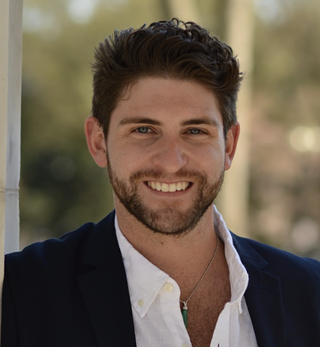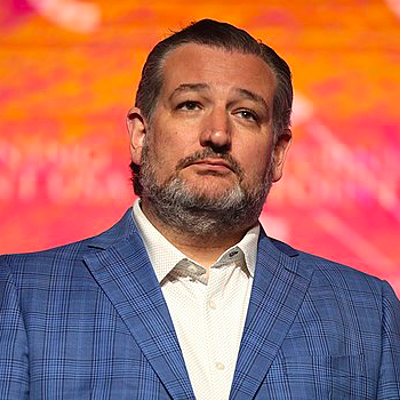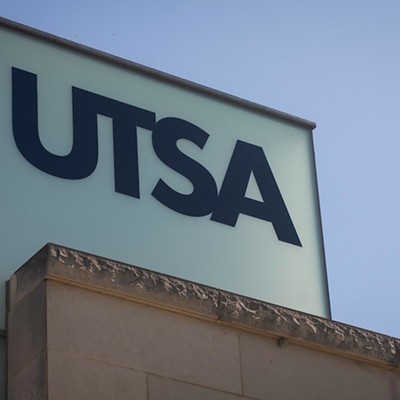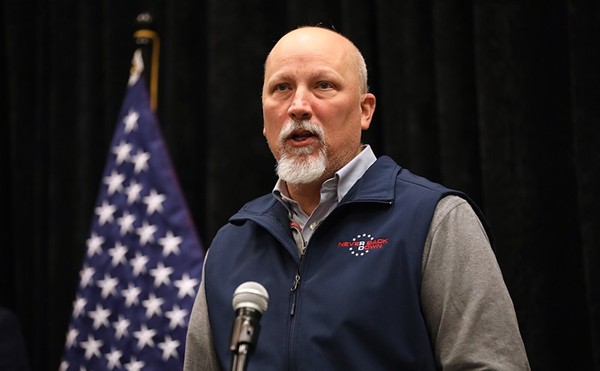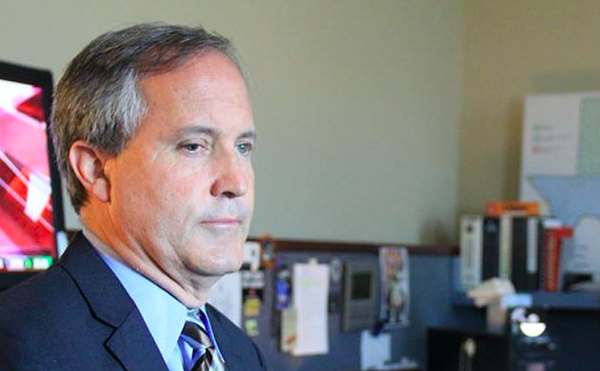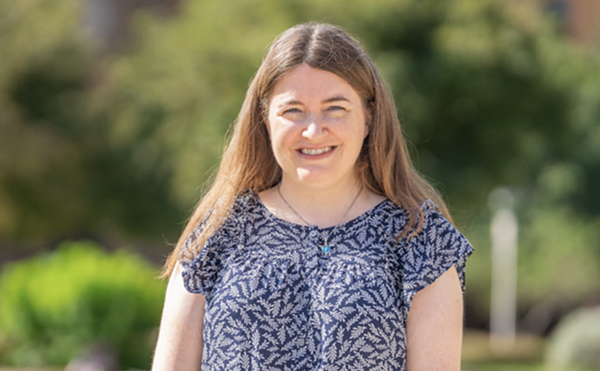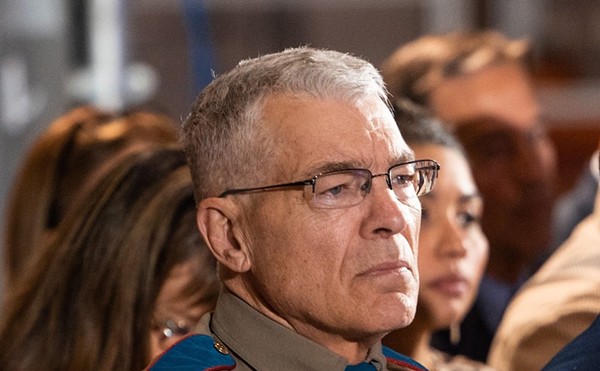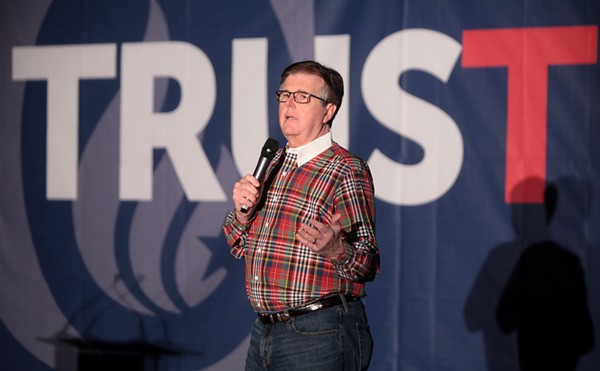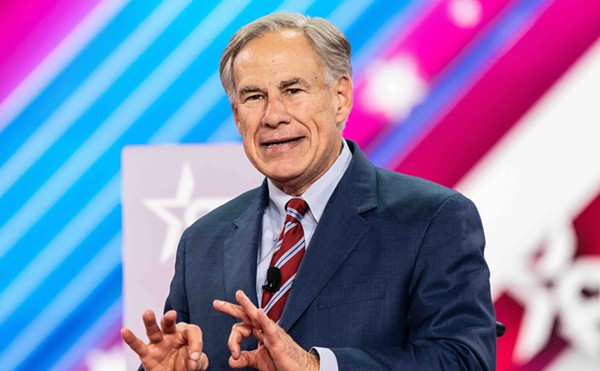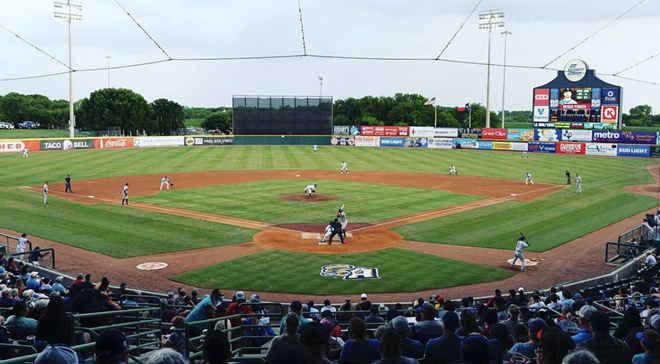
Concern over the demolition delayed plans to decide on the project last Thursday. Council pushed back its vote after tenants and some on the dais raised concerns about the displacement of people who work service industry jobs and in some cases are migrants or formerly homeless.
On Wednesday, Weston Urban — the San Antonio-based real-estate development firm that owes the Soap Factory and a majority stake in the San Antonio Missions baseball team — introduced an updated relocation plan for tenants.
Under the new plan, Weston Urban and the city would each provide $250,000 to help Soap Factory residents with relocation. Additionally, those who relocate to vacant Soap Factory apartments not affected by Phase 1 of the project would receive $2,500.
However, the money won't be dispersed until after tenants move out of the complex, which is set to be demolished in its entirety.
Opportunity Home is also offering space in units at its nonprofit mixed-income Beacon Communities to former Soap Factory tenants at comparable rates. The public housing authority also has vacancies at its Victoria Commons community downtown, officials said.
The additional relocation funding, plus the help of Opportunity Home, appeared to satisfy the majority council members, most of whom attended a tenant's rights rally at the Soap Factory on Monday.
During the rally, some tenants said they could end up homeless again if the complex is demolished. Others said relocating out of downtown would be hard because they don't own cars.
During Thursday's vote, only District 2 Councilman Jalen-McKee Rodriguez and District 5 Councilwoman Teri Castillo opposed the stadium project. However, they did so for different reasons.
Before the vote, McKee-Rodriguez motioned that it be delayed until later this month, arguing the project had been rushed without including Soap Factory tenants in planning conversations.
McKee-Rodriguez's motion failed 4-7. Castillo, District 4 Councilwoman Adriana Rocha Garcia and District 6 Councilwoman Melissa Cabello Havrda joined in seeking the delay.
Despite being voted down, McKee-Rodriguez said he's not done fighting for the working poor.
"What I'm most worried about is that we are going to continue another decade of focusing our investment in making downtown a place for the White and affluent to make their money at the expense of working Black and Brown people," he said.
McKee-Rodriguez continued: "We are going to continue to incentivize gentrification and displacement, we're going to disregard the experiences of our constituency in favor of the suits and insiders, and we're going to continue to say, 'I've heard your voices, but we don't care.' That is no vision of mine for San Antonio."
Meanwhile, Castillo continued to express concern over the questionable financing behind the Houston Street Tax Increment Zone. The new ballpark will largely be funded by tax revenue generated from new Weston Urban-owned development around the ballpark — primarily apartments.
"My team and I have been digging through a wealth of research and data regarding baseball stadiums throughout the United States," Castillo said. "There's a wealth of academic and media articles that show that oftentimes community members are supportive of this because of the promises made. However, these case studies demonstrate those impacts and desires do not materialize."
Despite those concerns, others on council called the stadium is necessary for revitalizing downtown and argued that it will make San Antonio feel like a "big city."
The stadium expected to be complete by opening day of the 2028 baseball season.
Subscribe to SA Current newsletters.
Follow us: Apple News | Google News | NewsBreak | Reddit | Instagram | Facebook | Twitter| Or sign up for our RSS Feed


